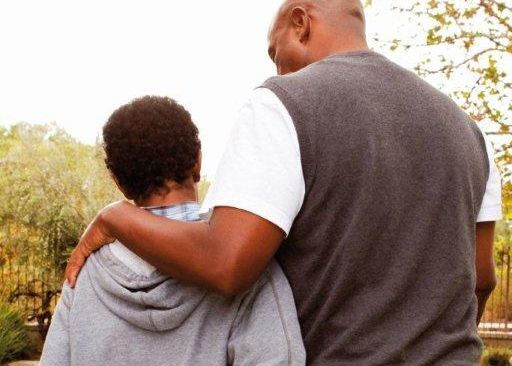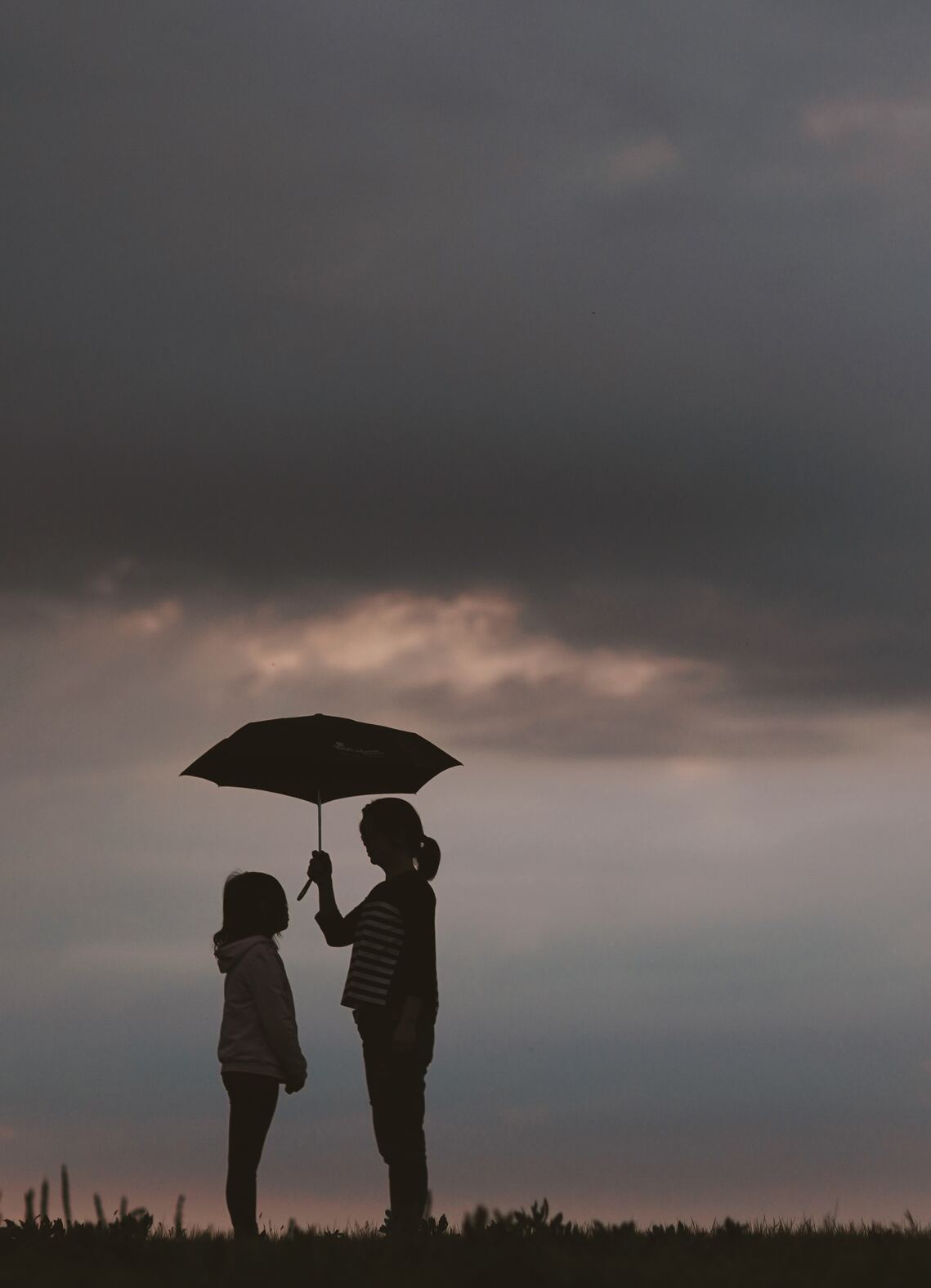Helping your child when someone has died
Children experience as much pain and sadness following the death of someone close to them as an adult, but often react in very different ways. This may be the first bereavement within the family of someone close to your child, and you will be grieving yourself. As the adult you have to cope with your own grief as well as the grief and confusion of your child. We hope the following information is useful.
Telling a child someone has died
This is a very tough thing to do. It is better to use grown-up words like 'died' rather than telling children someone 'has gone to sleep', 'passed away' or 'gone to a better place'. Children appreciate honesty and trust you to tell them the truth.
It is impossible to know how a child will react to the news, but reassure them that whatever their reaction may be, it is normal to feel that way. Ask them what they want to know. Tell them you will try to answer their questions but that you may not be able to explain everything.
Saying Goodbye
Allow your child to choose whether to attend the funeral. It is OK to go and it's OK not to go.
Explain that the funeral is the place where everyone says goodbye. Invite them to take part in the funeral by writing a letter or a poem to the person who has died, or drawing a picture.
Whether the deceased is being cremated or buried, reassure the child that dead bodies do not feel fear, pain, cold or heat.
Coping with grief
Reassure your child that he/she is not to blame for the death.
Don’t hide your own grief. Seeing that you are upset and talking with you about the person who has died may encourage them to discuss how they are feeling.
Every child reacts differently and this may also vary according to their age. Reactions may include becoming 'naughty' or very quiet, having tantrums, being unusally tired or unusually good. They may have feelings of guilt or denial. Their temperament or behaviour may change radically.
Try to maintain a normal routine (see Practical ways to support your child).
Drawing and playing may help children to work through their grief. Older children may find keeping a journal helpful.
Try not to expect older children to take on a position which the dead person may have held, ie: “man of the household”.
Read an appropriate book with them to encourage talking about their feelings and explain that it is still OK to have fun.
Returning to school
Going back to school is a way of returning to normality. At school, your child will be among other children, some of whom may have experienced death in their family too.
Your child may be scared of going back to school as they may fear another death will occur while they are away from home. It will reassure them greatly if you always arrive on time when collecting your child.
Keep in contact with school to see how your child is coping.
Helping them remember
- Look through photo albums with your child and talk about the memories each picture generates.
- Encourage him/her to make and keep a memory box or journal.
- Is there some special possession that belonged to that person which they may like to keep?
- Make something with your child which will help them remember that special person.


